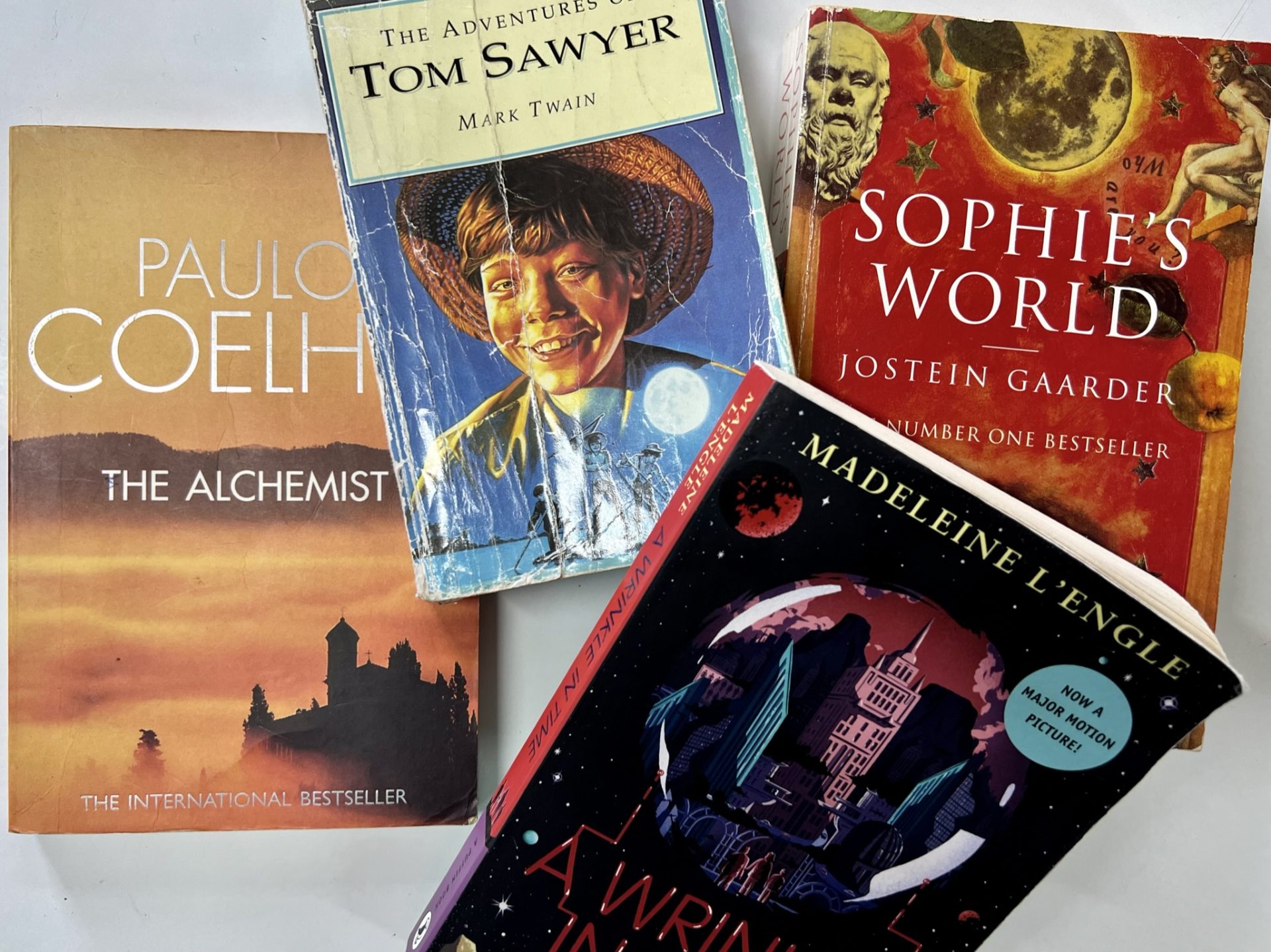
The Adventure of Philosophy: 10 philosophical books for ages 11-14
Picture this: You’re standing at the edge of a vast and mysterious forest. The trees loom high overhead, their branches stretching out like curious fingers towards the sky. You feel a pull towards the depths of the forest, a yearning to explore the unknown. This is what philosophy is like for kids aged 11-14. It’s a journey into the unknown, a chance to stretch their minds and explore the depths of human thought.
Philosophy is important for kids in this age group because it allows them to ask big questions and explore complex ideas. It helps them to develop critical thinking skills, empathy, and a deeper understanding of the world around them. It encourages them to think beyond themselves and consider the perspectives of others. And most importantly, it unlocks the power of thought and imagination.
But where do you start on this journey into the forest of ideas? Here are ten philosophy books that will help guide your child through the thicket of thought and into the heart of the forest.
1. “The Philosophy Book” by DK Publishing
This book is a great introduction to philosophy, with easy-to-understand explanations of key concepts and ideas.
2. “Sophie’s World” by Jostein Gaarder
This novel is a wonderful introduction to philosophy, as it follows a young girl named Sophie who receives mysterious letters that teach her about the history of philosophy. Readers will learn about the great thinkers of the past, from Socrates to Descartes, and ponder some of the biggest questions in life.
3. “The Alchemist” by Paulo Coelho
This magical tale is both inspiring and thought-provoking. The Alchemist follows a young shepherd named Santiago who sets out on a journey to find his destiny. Along the way, he learns about the power of following his dreams and the importance of listening to his heart.
4. “A Wrinkle in Time” by Madeleine L’Engle
This science fiction novel follows a young girl named Meg Murry as she travels through time and space in search of her missing father. Along the way, she grapples with concepts like the nature of evil, the power of love, and the importance of individuality and self-acceptance. The book combines scientific ideas with spiritual themes, making it a great choice for young readers interested in exploring the intersections between science and philosophy.
5. “Siddhartha” by Hermann Hesse
This novel tells the story of a young man named Siddhartha who sets out on a spiritual journey to find enlightenment. Along the way, he learns about the nature of suffering, the importance of self-discovery, and the power of compassion.
6. “The Last Unicorn” by Peter S. Beagle
This whimsical novel tells the story of a unicorn who sets out on a journey to discover why she is the last of her kind. Along the way, she learns about the nature of mortality, the importance of love, and the power of myth.
7. “The Secret Garden” by Frances Hodgson Burnett
This charming novel tells the story of a young girl who discovers a hidden garden and learns about the power of nature and the importance of friendship.
8. “The Adventures of Tom Sawyer” by Mark Twain
This classic coming-of-age story follows a mischievous boy as he learns about the importance of honesty, loyalty, and friendship.
9. “The Little Book of Stoicism” by Jonas Salzgeber
This self-help book introduces young readers to the principles of Stoicism, including resilience, wisdom, and self-control.
10. “The Hero with a Thousand Faces” by Joseph Campbell
This influential work explores the role of mythology in shaping human consciousness, and the importance of the hero’s journey in personal growth.
In conclusion, philosophy is an essential tool for young minds, offering a way to explore the big questions and discover the meaning of life. Whether you’re just starting out or have been thinking deeply about these issues for years, these ten books offer a great starting point for your journey. So go ahead, open your mind and explore the depths of philosophy – you never know what treasures you might discover.